Soda drinkers at higher risk for stroke
 A study conducted within the last year found that drinking soda — diet or regular — increased a person’s chances of stroke. It also found that drinking coffee instead of soda cut the risk of stroke.
A study conducted within the last year found that drinking soda — diet or regular — increased a person’s chances of stroke. It also found that drinking coffee instead of soda cut the risk of stroke. 
Could this really be true?
The study, mentioned in AARP The Magazine, was conducted by scientists at the Cleveland Clinic’s Wellness Institute and Harvard University. The scientists looked at the diet and health status of 84,085 women who were enrolled in a long-running Nurses’ Health Study. It also involved 43,371 men who were involved in the Health Professionals Follow-Up Study. Taken into account were numerous risk factors for stroke, which include hypertension, obesity, smoking and family history of heart disease.
The findings showed that adults who drank one soda or more a day were on average 16 percent more likely to suffer a stroke, and that women in this group were slightly more at risk than men. However, drinking coffee instead of soda seemed to cut stroke risk by nearly 10 percent.
The lead author of the study speculated that additives in soda assumed to be safe may not be. He noted that there had been some suggestion that caramel coloring — found in sodas — could lead to inflammation, which could trigger some types of diseases.
Also mentioned by the researchers was the incredible amount of sugar-sweetened sodas consumed by the population. According to their count it equals 45 gallons of soda per person per year.
The average American drinks massive amounts of sugary beverages, Bernstein says, with sugar-sweetened sodas accounting for most of it. “The numbers are staggering — upwards of 45 gallons per person per year,” he says. “That’s nearly a gallon per week per person.”
Part of the reason that coffee might be beneficial is that it contains chlorogenic acids, lignans and magnesium, which act as antioxidants and also help to regulate blood sugar.
Physicians Choice Private Duty currently serving Omaha, Eastern Nebraska and Western Iowa provides seniors and their families a complete understanding of the available care options and helps families maneuver through the challenges of the system. All Physicians Choice Private Duty services are directed by registered nurses or social workers with no long-term contracts. Contact us today for help with your senior care needs.
“Physicians Choice Private Duty solves the problems families face in finding home health care providers they can trust. Providers who will focus on strategies that keep parents in their homes. To learn more about our health care services, visit https://private-duty.pchhc.com/services/.”




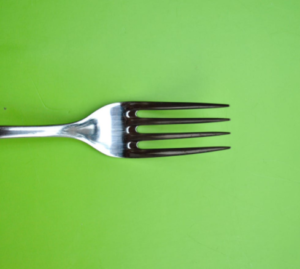 Malnutrition might not always be easily detectable, but it’s something that family caregivers should watch out for. The blog, A Place For Mom,
Malnutrition might not always be easily detectable, but it’s something that family caregivers should watch out for. The blog, A Place For Mom, 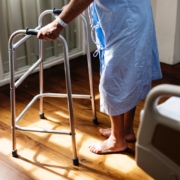
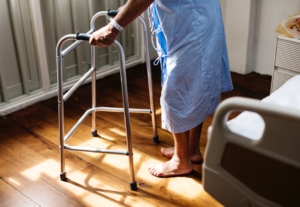 Hospital readmissions cost about $17 billion a year in the United States. That’s a pretty astounding number. To give you an idea of how that’s possible just consider that
Hospital readmissions cost about $17 billion a year in the United States. That’s a pretty astounding number. To give you an idea of how that’s possible just consider that 

 Todays post features real-life stories of how Physicians Choice Private Duty helped an elderly person and their loved ones through a tough decision-making process that ensured each persons individual care needs were met. Names have been changed to respect privacy.
Todays post features real-life stories of how Physicians Choice Private Duty helped an elderly person and their loved ones through a tough decision-making process that ensured each persons individual care needs were met. Names have been changed to respect privacy.
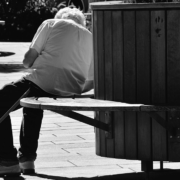
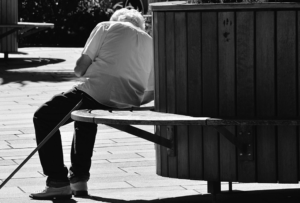 On a day that reminds Nebraskans that winter is coming, the elderly and their caregivers should be mindful of preparing for flu season.
On a day that reminds Nebraskans that winter is coming, the elderly and their caregivers should be mindful of preparing for flu season.


 As we’ve mentioned in
As we’ve mentioned in 
 A new device — the
A new device — the 

 A
A 
 Todays post features real-life stories of how Physicians Choice Private Duty helped an elderly person and their loved ones through a tough decision-making process that ensured each person’s individual care needs were met. Names have been changed to respect privacy.
Todays post features real-life stories of how Physicians Choice Private Duty helped an elderly person and their loved ones through a tough decision-making process that ensured each person’s individual care needs were met. Names have been changed to respect privacy.
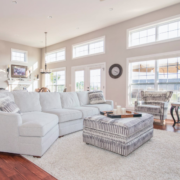
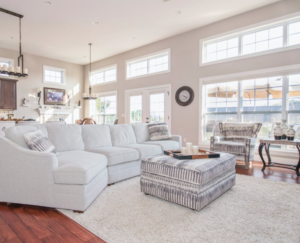 Keeping the environment clutter-free may help those with Alzheimer’s, according to researchers at the University of Toronto and Georgia Tech, as
Keeping the environment clutter-free may help those with Alzheimer’s, according to researchers at the University of Toronto and Georgia Tech, as 